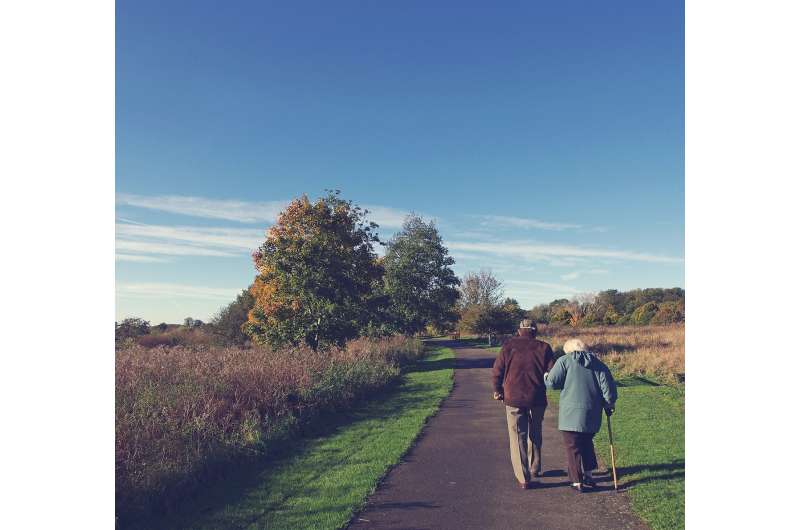Growing Disparities in COVID-19 Vaccination Among Older Adults in Sweden

Research reveals increasing regional and socioeconomic disparities in COVID-19 vaccination rates among Sweden's elderly, emphasizing the need for targeted public health strategies to ensure equitable coverage.
Recent research highlights increasing disparities in COVID-19 vaccination rates among the elderly population in Sweden, revealing significant regional and socioeconomic differences. Initially, when the vaccination campaign began in December 2020, nearly 95% of older adults across the country were vaccinated, with uniform coverage. However, over time, the vaccination uptake has become uneven, especially among older individuals aged 65 to 80 in major metropolitan areas like Stockholm, Västra Götaland, and Skåne, where vaccination rates have fallen below 60% for certain doses.
Various factors influence these disparities beyond geography. The study, covering more than two million people aged 65 and older, shows that men, those born outside Sweden, and individuals with low income and limited education are less likely to be vaccinated. These socioeconomic and demographic variables impact vaccination coverage despite ongoing efforts to increase uptake.
Experts suggest that the observed regional differences might be due to gaps in national coordination and prioritization. The researchers emphasize the importance of targeted interventions to address these inequalities, as lower vaccination rates can lead to increased vulnerability to severe COVID-19 and post-COVID conditions among older populations.
Yiyi Xu, an associate professor at the University of Gothenburg, advocates for linking COVID-19 vaccinations with routine health services, such as flu shots, to improve coverage. She stresses that ensuring equitable vaccine access is crucial for public health, especially among socioeconomically disadvantaged groups.
The findings underscore the need for conscious strategies to reduce disparities and promote uniform vaccination coverage, ultimately safeguarding the health of vulnerable elderly populations across Sweden.
Stay Updated with Mia's Feed
Get the latest health & wellness insights delivered straight to your inbox.
Related Articles
New Hampshire Becomes First State Mandating Sterilization Requests Be Honored by Medical Professionals
New Hampshire has become the first U.S. state to mandate that doctors perform sterilizations upon patient request, emphasizing reproductive rights and autonomy amidst evolving reproductive legislation.
Enhancing Patient Engagement and Health Literacy Through Digital Therapeutic Approaches
Discover how innovative digital therapeutic strategies are improving health literacy and patient engagement through assessable online educational videos. This research highlights scalable solutions to empower patients and enhance health outcomes in the digital age.
Essential Insights from a Respiratory Specialist on Managing and Understanding Asthma
Learn essential insights from a respiratory specialist on the causes, diagnosis, and latest treatment options for asthma, emphasizing the role of environment and allergy management.
Link Between Drinking Water, Food, and PFAS Exposure in California Adults
A new study from Boston University reveals that drinking water, seafood, eggs, and brown rice contribute to PFAS exposure in California adults, emphasizing the need for regulatory action and consumer awareness to reduce health risks.



